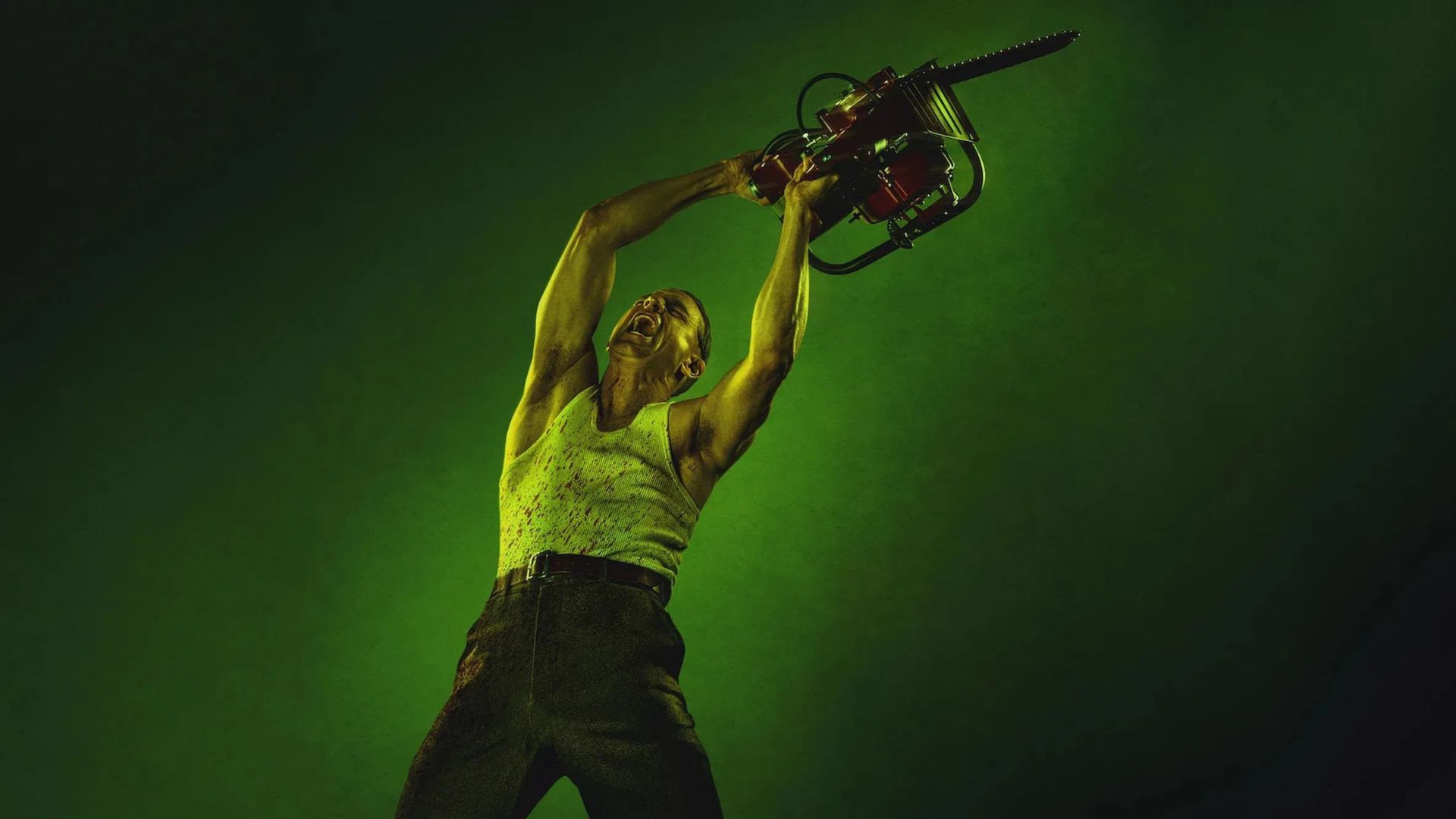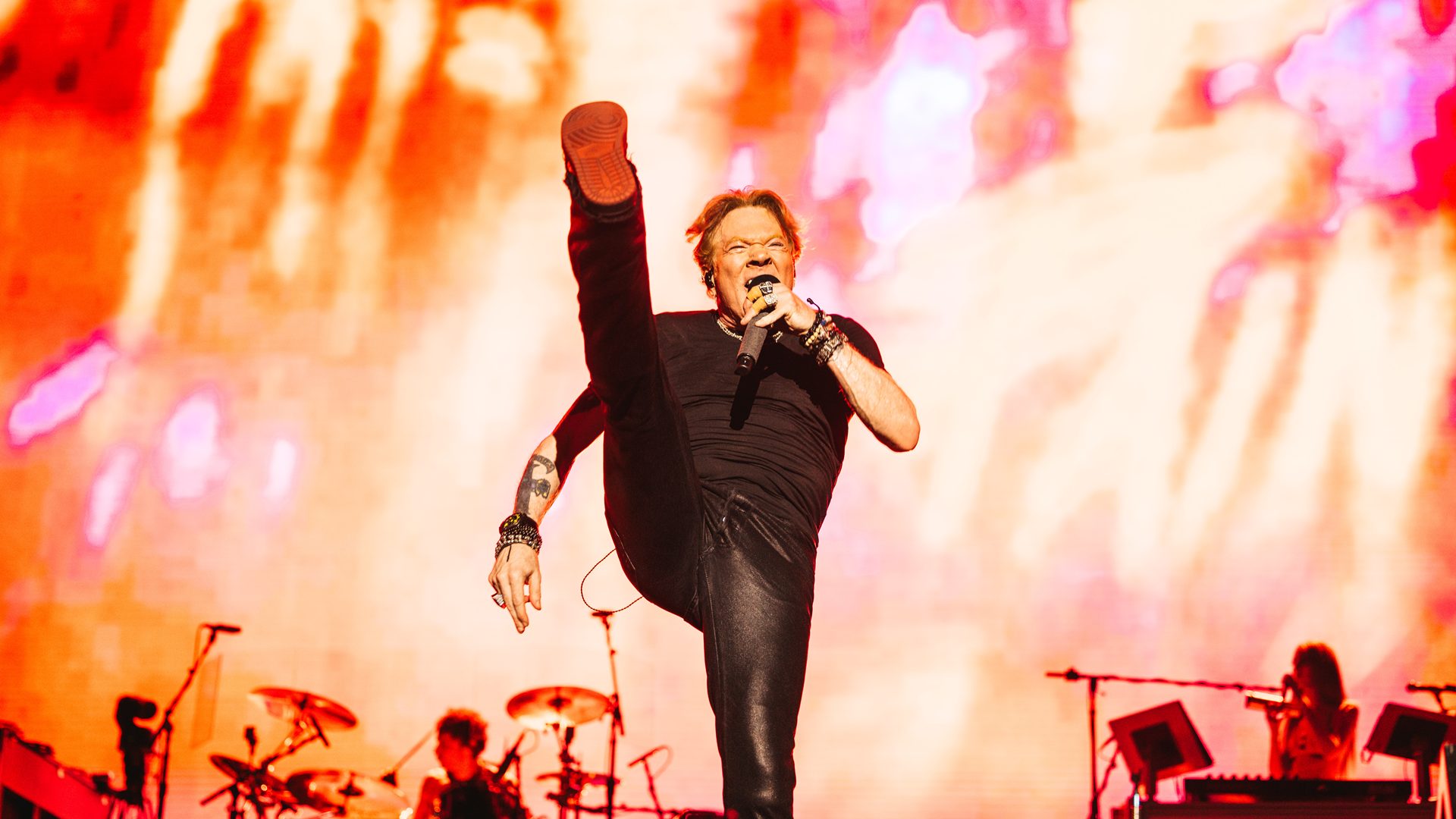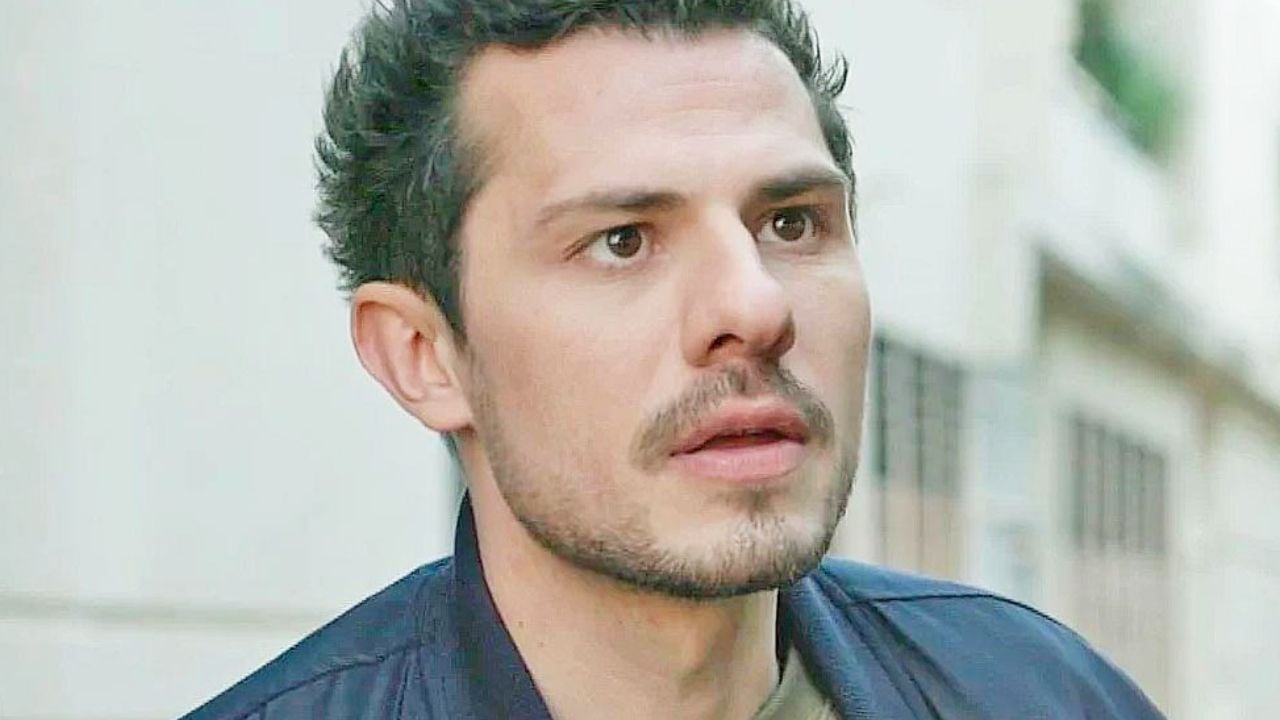The American singer wanted to sing with João Gilberto, was friends with Leny Andrade and recorded classics by Tom Jobim
The closeness of Bossa Nova to American jazz is undeniable. To the ears of great jazz singers, such as Tony Bennett, who passed away this Friday July 21, at the age of 96, the music created by João Gilberto, Tom Jobim and the people of southern Rio de Janeiro also sounded special for bringing his formula is the Brazilian samba, synthesized in João’s famous guitar rhythm.
Something totally new. And this is the charm factor not only for Bennett, but also for other jazz singers and musicians, such as Frank Sinatra, Ella Fitzgerald, Sarah Vaughan, Miles Davis and, more recently, Samara Joy, the great revelation of the genre in recent years . .
Bennett performed in Brazil for the first time in 1959, even before bossa hit the US stage at the controversial Carnegie Hall concert in 1962. I had already heard of João Gilberto – and at the time the Brazilian hadn’t even recorded the legendary disk Getz/Gilberttogether with American saxophonist Stan Getz.
It was João and his wife, the singer Astrud Gilberto, who introduced Bennett to another great Brazilian musician, Tom Jobim. In a magazine interview Rolling stonein 2009, Bennett said that, upon his return to the United States, he kept telling everyone how wonderful bossa nova was.
It wasn’t bullshit. In 1963, she recorded the album I want to be around the song Quiet nights of quiet starsthe English version of Corcovado, one of Tom Jobim’s greatest hits. The vocalization that Bennett does in the introduction of the recording, dialoguing with the instrumental, is something truly special, and that perhaps no Brazilian singer has done. In 1965, he recorded How numbversion of follyby Tom and Vinicius de Moraes.
He had a special bond with the Brazilian singer Leny Andrade, one of the voices of bossa nova. When Leny was performing in the US, Bennett went to see her.
When he was in Brazil in 1994, for an outdoor show in Rio de Janeiro, Bennett said in a press conference that he would like to sing along with João Gilberto, his favorite singer, even though he declared that Frank Sinatra was a great teacher. The production of the American Bennett chased João and obviously did not find him.
Bennett has performed in Brazil several times. In addition to 1994, he was here in 1980, 1986, 2009 and 2012. In an interview with the presenter Jô Soares, in 2009, he spoke once again about João Gilberto.
“Joao Gilberto, for me, is my favorite singer. I saw him at an open-air concert in Italy. He sings so smoothly and correctly that even the crickets could be heard there… In the end he was applauded for two standing minutes”. He is a great artist. He needs to be very tuned in. He’s a very honest singer,” he said at the time.
In 2012, on their third duet album, Long live Duets, invited Brazilian singers Maria Gadú and Ana Carolina to participate along with other Latin names, such as Thalia and Gloria Stefan. Together they sang, respectively, Blue velvet AND Just the thought of youjazz classics.
However, for the singer who excelled in tuning and reluctant to exaggerate – Bennett singled out Elvis Presley as responsible for the end of the Golden Age of American music – his best memories of Brazil, certainly, until the end of his days, it should have been the finely tuned vocals and modern melodies that only João, even unresponsive to her pleas for a duet, was able to extract from his guitar.
In an interview with Stadium in 1995 he defined his concept of crooner, a genre that he helped to consolidate. “A crooner holds the microphone in his hand and sings, in a low voice, important things in people’s lives. Take advantage of the closeness. As if to say: “come closer, I’ll tell you a story”.
Source: Terra
Earl Johnson is a music writer at Gossipify, known for his in-depth analysis and unique perspective on the industry. A graduate of USC with a degree in Music, he brings years of experience and passion to his writing. He covers the latest releases and trends, always on the lookout for the next big thing in music.








